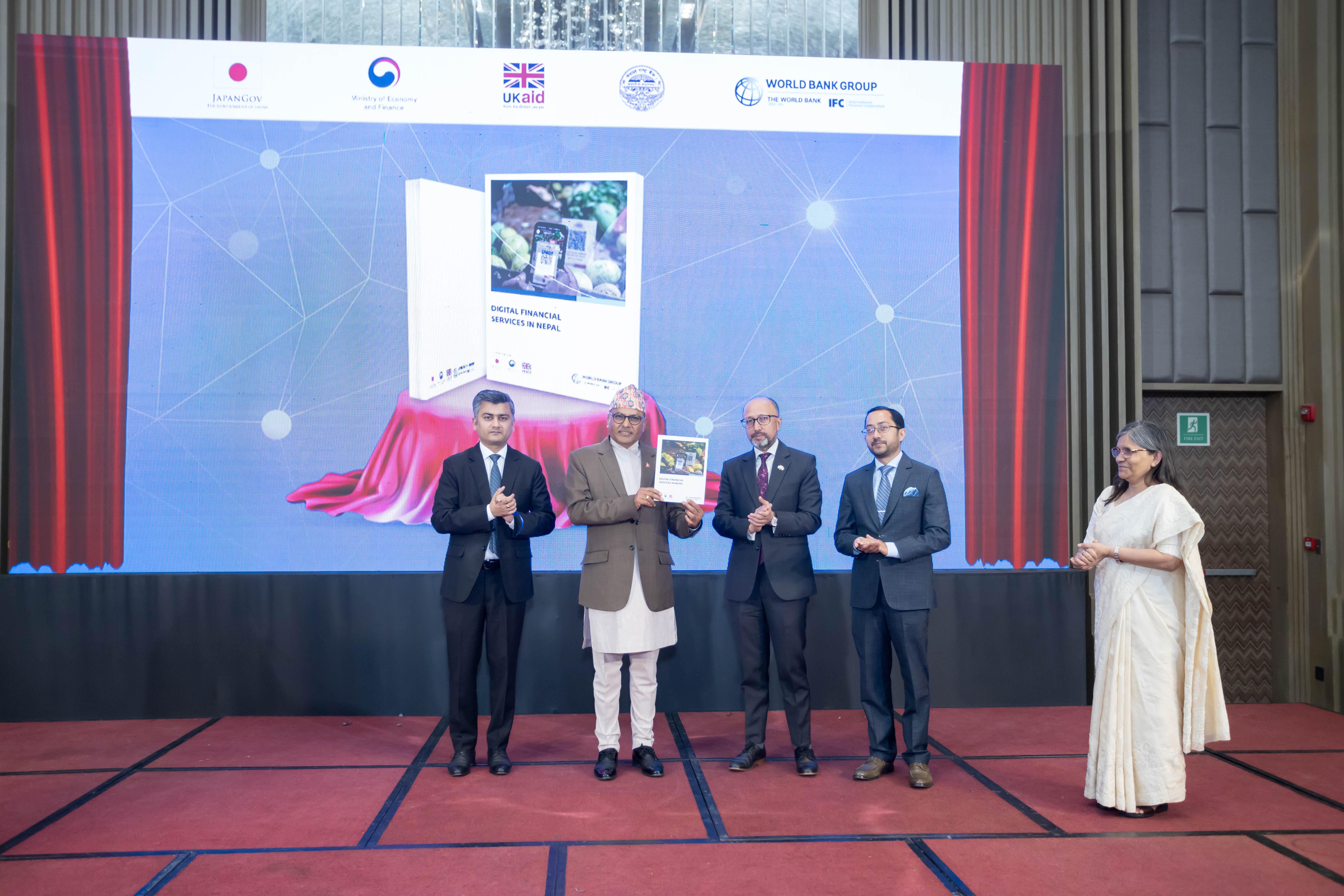KATHMANDU, MARCH 4: Despite Nepal being relatively lagging in Information and Communication Technologies (ICTs), there have been encouraging arrivals of foreign scholars herein the country to attend learning camps on Artificial intelligence (AI)), data and robotics
The very information was shared during the ‘AI Conference for Prosperous Nepal: Future of Work’, organized jointly yesterday by the Ministry of Education, Science and Technology, The Asia Foundation, Robotic Association of Nepal and Frost Digital Ventures and AECon.
Director at NepAl Applied Mathematics and Informatics Institute (NAAMII), Dr. Bishesh Khanal, revealed that they have so far conducted four editions of such AI schools attended by AI students and students of data sciences from more than 30 foreign countries. The NAAMII, an organization run by youth scientists is imparting knowledge and skills to foreign students doing PhD in data, robotics and AI through summer, winter and spring schools.
“Even the data scientists from Britain’s Prime Minister’s Office have applied to study AI here,” Dr. Khanal claimed. In a question about whether Nepal could prosper AI in the face of barriers ranging from lack of infrastructure to informed policy, he responded, “It’s wrong to deny AI opportunities in Nepal. NAAMII’s team has stood first in the global competition of scientific research on pressing issues.”
Dr. Khanal, however, demanded the state augment investment in research and development, establish a centre of excellence, and facilitate in creation of infrastructures eg special computers for special research. “Nepal can be rich in startups to boost the national economy, for which proper policy is required,” he suggested.
Speaking on the occasion, the Head of Strategy and Managing Director at Fusemachine for South Asia, Parag Shrestha, said Nepal needs to set a 10-year vision for AI. “We need to think of sovereign AI in Nepal,” Shrestha said, adding that vision, policy, infrastructures, national awareness, research and development are other essentials to benefit from AI.
Similarly, Alan Turing Fellow at The Alan Turing Institute, UK, Dr. Sethu Vijayakumar, viewed AI can be utilized for climate change mitigation, food security and healthcare. “Data should be programmed in a way the robots respect humans,” he said, adding that robotics and data are not only for high tech community but also for addressing pressing challenges of present society. According to him, converting society into an intelligent society is a challenge to this end at present.
Addressing the event, Prime Minister Pushpa Kamal Dahal ‘Prachanda’ stressed that AI should be utilized for innovation and productivity. “Developed countries have given huge significance to AI and the global race for it is astonishing. So, Nepal can not stay idle, but need to adopt AI and robotic technology in an informed manner,” he mentioned.
The PM reminded that the government had allocated a budget for the science technology and innovation fund for the ongoing fiscal year. He expressed happiness over the emerging AI landscape in Nepal. “Despite opportunities, challenges of AI as an impact on privacy, equality and job displacement must be taken into account,” he made aware the stakeholders.
Another speaker of the conference, Minister for Education, Science and Technology, Ashok Rai, said that modern technology including AI could be leveraged to graduate Nepal to the status of developing countries by 2026.
On the occasion, British Ambassador to Nepal, Rob Fenn, said the UK wants a proactive and enabling environment to foster AI debate and development in Nepal. “IT, in particular AI, is in priority of our assistance in Nepal,” he shared, adding that AI can be used for healthcare, reduction of poverty, disaster vulnerability, etc.
Secretary of Education Ministry, Pramila Devi Bajracharya, informed that the conference was organized to whet debate on AI and prepare informed AI Policy. It is worth noting that Nepal has been ranked 150th out of 193 countries in the Government AI Readiness Index, 2023.















Feedback